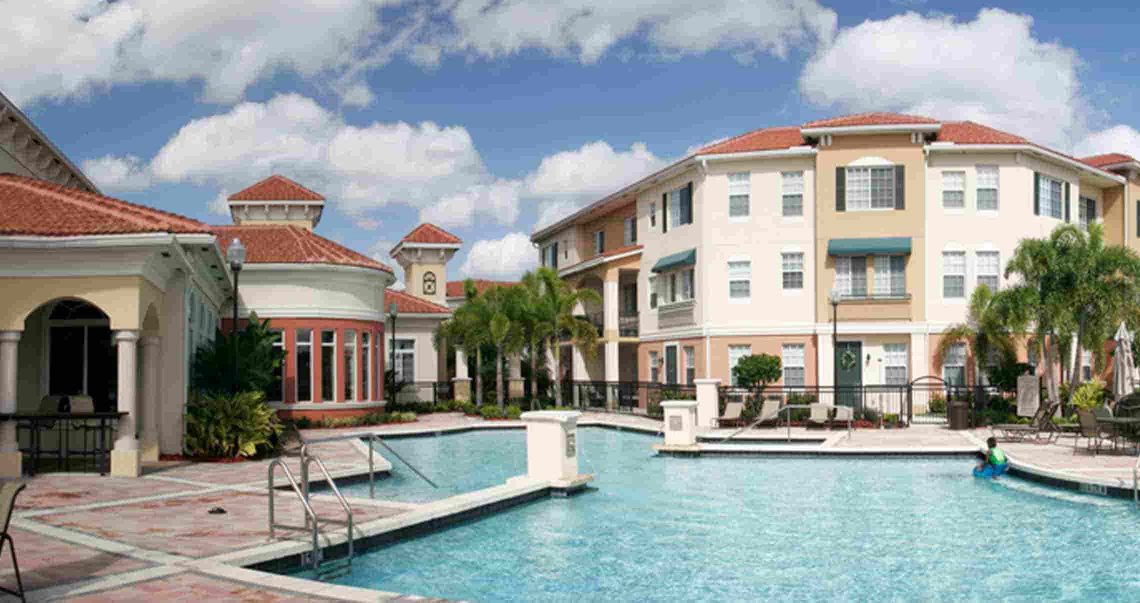Your Guide to HOA Financing Options
When it's time for one of your homeowners associations to finance a capital project, how do you help them secure the funds?

You could charge homeowners a special assessment or dip into HOA cash reserves, but those options put burdens on the homeowners or the association. Another option to consider is financing from a bank that specializes in loans designed for the needs of HOAs. Bank financing for HOAs is structured to allow associations to move forward with projects and capital improvements without putting a burden on homeowners or capital reserves.
Is community association bank financing right for you?
With community association bank financing, a loan is made directly to the association, which is then responsible for repayment using the funds collected from assessments from the homeowners over a multi-year period. In addition to avoiding substantial upfront payments for new projects or expenses, HOA financing allows an association to continue contributing to their reserve funds.
Advantages of using a bank that understands association needs
Veteran community association bankers harness their knowledge of the industry to help HOAs and community associations navigate the entire financing process—from loan selection to homeowner communications to any operational concerns.
Once a loan is selected, an experienced HOA banker will have the capabilities and willingness to speak to homeowners on behalf of the board at meetings and answer questions regarding terms throughout the loan period.
In addition to the loan process, banks with experience in community association lending can assist management companies with the financial management side of their businesses. They'll work closely with accountants and attorneys to ensure everyone is satisfied with the methods of payment and operational aspects of the financing program.
When examining your banking options, it's also wise to consider financial strength. Banks with long histories serving HOAs—as well as strong balance sheets—are often better positioned to fund new projects with agreeable terms, robust support systems and accessible customer service.
Types of financing available through association banking
Digging into the details of the HOA loans available can help you determine which type of financing is best for your project. Community association banks typically offer HOAs multiple loan options that can accommodate a range of projects and budget sizes.
For example, First Citizens offers three HOA lending options: quick-term loans, traditional term loans and revolving lines of credit. Lines of credit aren't as popular for funding larger projects because the funds need to be repaid annually.
Traditional term loans offer HOAs more flexibility as the terms range from 5 to 15 years with fixed rates and no maximum loan limits. Quick-term loans are popular because they offer up to 10-year terms, have no minimum loan amounts and offer 3- to 5-day turnaround times in cases where no additional information is needed.
Understanding the HOA loan requirement and approval process
Once a community association decides to move forward with an HOA loan application, the approval criteria is straightforward. First Citizens' requirements are that the association needs to manage a minimum of 25 units, have an effective collection policy in place and have up-to-date financials.
When processing an application, we review the HOA's current income statement, balance sheet and aging report. In certain instances, a board vote or an amended HOA declaration may also be required, so it's wise to understand the association's governing documents and the applicable state laws when applying.
Discussing your association's needs with an association banking professional can help you quickly determine what may be an effective option for your situation.
Need help with your community association's banking?
Our dedicated team of community association banking professionals can help you with HOA financing, deposits and cash management.




